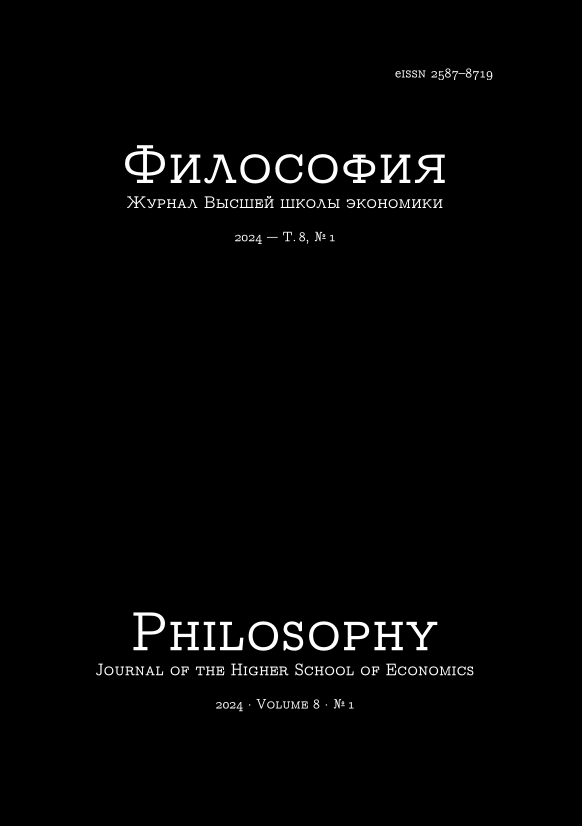An Aristotelian Man on the Castilian Throne
Royal Mirror of the “Estoria de Espanna” by Alfonso X the Wise
Abstract
The author focuses on the vices and virtues of the rulers of ancient Rome and medieval Castile, as they are presented in the text of the “History of Spain”, compiled in the last third of the 13th century by order of King Alfonso X the Wise. The author focuses on the normative nature of these descriptions, even though they form part of a narrative essay. The purpose of this kind of statement was to consolidate in the minds of readers and listeners certain traits that it was appropriate (or inappropriate) for a king to have, certain qualities that he should strive for or from which, on the contrary, he should abstain. Thus, this text formed social expectations from the king — not from one who died long ago, but from the then-current reigning monarch, as well as from his heirs, that is, it indirectly built an ethical and social norm. According to the Alfonsine text, the king should be generous towards his vassals, a fierce warrior, a zealous Christian, a skilful and merciful judge, strict with himself, moderate in everyday life, always able to distinguish good from evil and to use this skill for the common benefit. In general, he should be a good ruler in the Aristotelian sense of the word — caring for his country and his subjects but treating himself with severity. Anger and rage were allowed among the royal qualities, although generally they were condemned. Qualities such as the inability to control one's bodily desires and urges, excessive gluttony, lust, unreason and stupid cruelty were considered unambiguously negative.
Downloads
Copyright (c) 2024 Philosophy Journal of the Higher School of Economics

This work is licensed under a Creative Commons Attribution-NonCommercial 4.0 International License.






